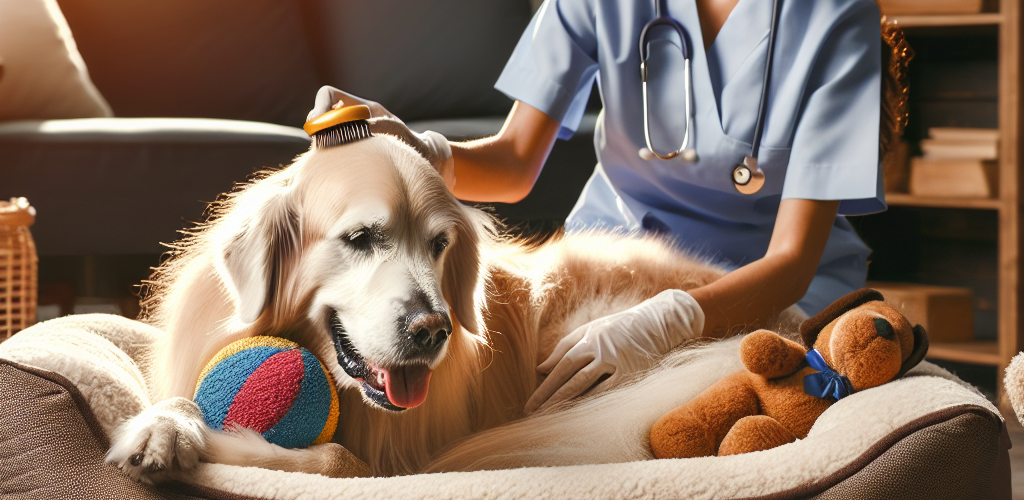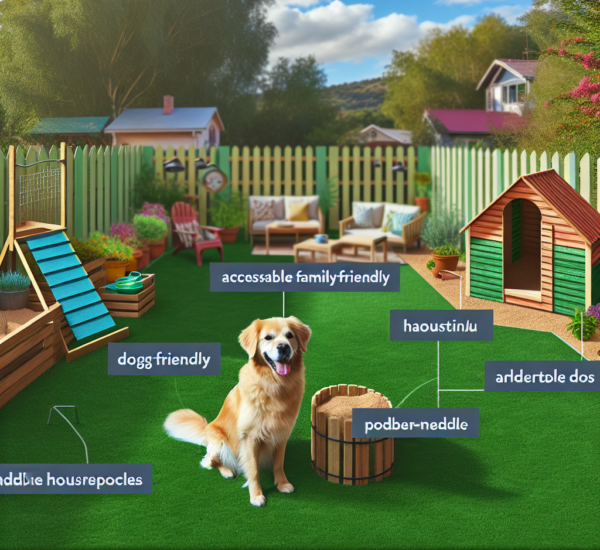Welcome to our comprehensive guide on Senior Dog Care. If you have an aging canine companion, this post is filled with actionable advice to enhance their comfort and wellness.
Understanding Senior Dogs
As dogs age, their bodies and behaviors can change significantly. Recognizing these changes is crucial in providing the best care for your senior dog.
When is a Dog Considered Senior?
Most dogs are considered senior around the age of seven, but this varies widely depending on breed and size. Larger dogs often age quicker than smaller breeds.
Optimal Nutrition for Seniors
Proper diet is vital for older dogs to manage weight and support joint health. Choose diets rich in essential nutrients with easy-to-digest ingredients.
Recommended Supplements
Supplements like glucosamine can support joint health, while omega fatty acids aid in maintaining skin and coat wellness.
Exercise and Mobility
Maintaining an exercise routine for your senior dog is essential but should be adjusted to their comfort level to avoid strain.
Appropriate Exercise Types
Gentle walks, light play, and swimming can be ideal for keeping your older dog active without overexertion.
Health Monitoring
Frequent veterinary visits are crucial for early detection of typical age-related diseases like arthritis or dental issues.
Importance of Regular Check-ups
Regular health checks can catch issues early, significantly enhancing the quality of life for your senior dog.
Comfortable Living Environment
Making small adjustments in your home can make a big difference in the life of your senior dog.
Creating a Senior-Friendly Space
Consider investing in orthopedic dog beds and ramps for easier mobility around the house and in and out of vehicles.
Mental Health and Enrichment
Keeping your senior dog mentally stimulated is just as important as physical health.
Interactive Toys and Games
Puzzle toys and slow feeders are great for keeping older dogs mentally engaged and active.
Conclusion
Caring for a senior dog involves special considerations from diet to exercise and environment. Embracing these changes can help your pet enjoy their golden years in comfort and happiness.
Ready to optimize your senior dog’s health? Contact us today for more personalized advice from our pet care experts.
FAQ
What are the signs my dog is becoming a senior?
Signs include graying fur, decreased activity levels, more frequent naps, and potential weight gain or loss.
How often should senior dogs visit the vet?
Senior dogs should visit the vet at least twice a year for comprehensive health checks.
Can senior dogs still learn new things?
Absolutely! Older dogs can learn new tricks and commands, which can also help keep their minds sharp.




